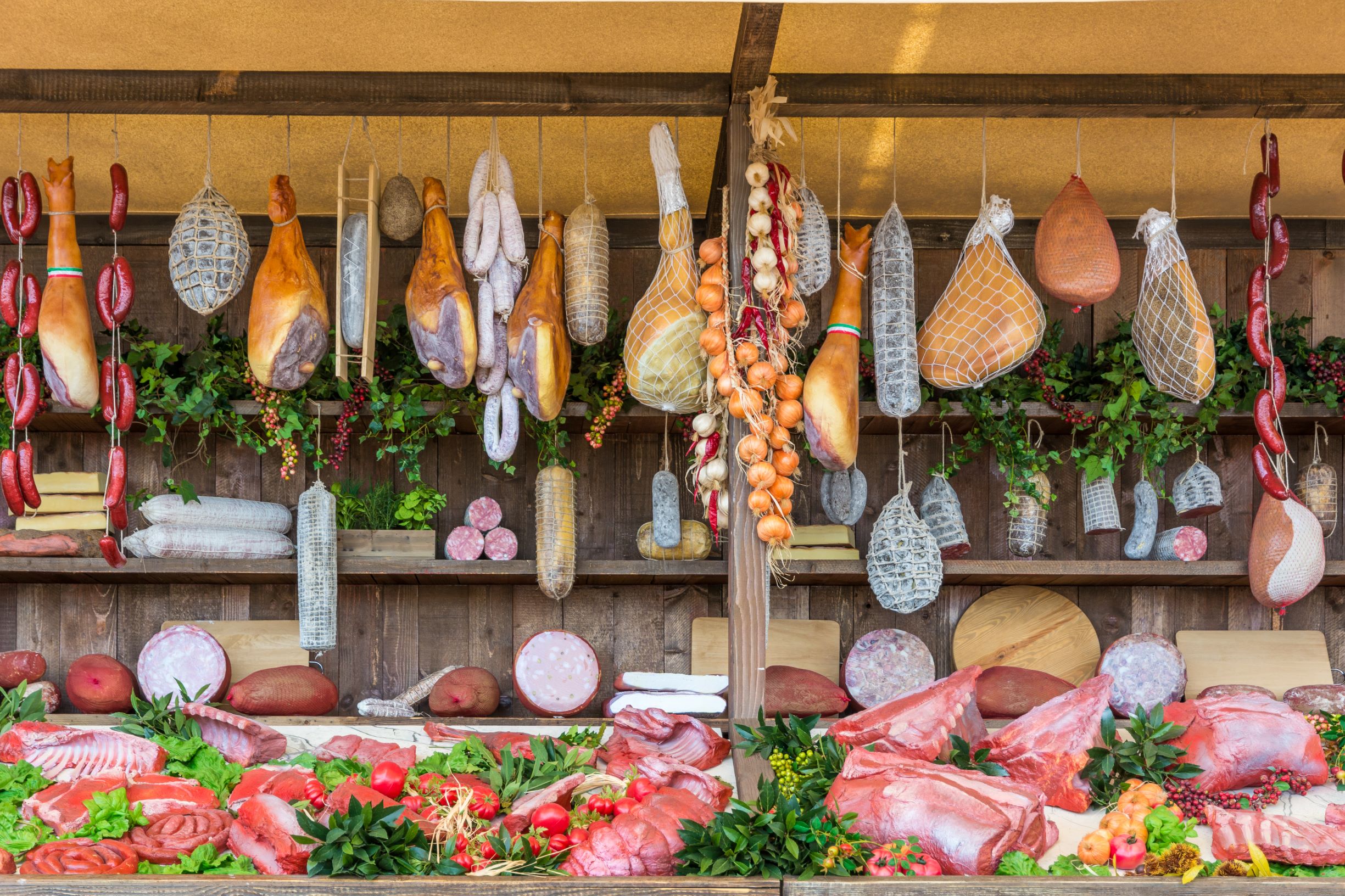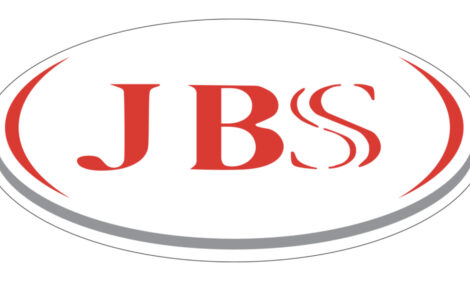



EU shoppers value provenance when buying meat
The rules governing origin labelling for meat provide relevant information for EU consumers and do not pose trade barriers, according to new analysis from the European Commission.Mandatory country-of-origin labelling provides for the meaningful information on the origin of the swine, poultry, sheep and goat meat to consumers and for control of compliance by competent authorities. Those are among the key findings of the report on the implementation and impact of mandatory indication of the country of origin or place of provenance for certain meats, published by the European Commission.

An evaluation report on the same topic concluded that all the objectives of the origin labelling rules have been globally achieved, and that those rules have been introduced without trade disruptions, obvious increase in prices for consumers and unnecessary burdens on operators and administration.
The evaluation also indicated that consumers’ low understanding of the terms and definitions used on labels leaves room for improvement. Further analysis on potential harmonisation of derogations for "certain meats" with other types of food was also recommended in the evaluation.
Although the evaluation did not detect systemic issues with enforcement of the rules, it identified differences in the quality of controls between EU Member States. Greater exchange and pooling of good control practices could be helpful in monitoring compliance.
According to the evaluation, the effect of the country-of-origin labelling rules on market and trade dynamics was marginal, with the cost of adaptation absorbed in the supply chain and not transferred to consumers. In addition, growing demand for environmental care pushes for continuous efforts to better understand the environmental and market impact of origin labelling rules.
Background
The mandatory country-of-origin labelling on meats of pigs, sheep, goats and poultry ("certain meats") is in place since 1 April 2015 as part of the framework of EU law on provision of food information to consumers (Food Information to Consumers Regulation).
The evaluation undertaken analysed the overall effectiveness, efficiency, relevance, coherence and EU added value of the rules was mainly based on the external support study, completed by the opinion of relevant stakeholders.
In-depth analysis
- Mandatory indication of country of origin labelling for certain meats
- Common monitoring and evaluation framework
- Market measures
- Pork
- Poultry
- Lamb, mutton and goatmeat



